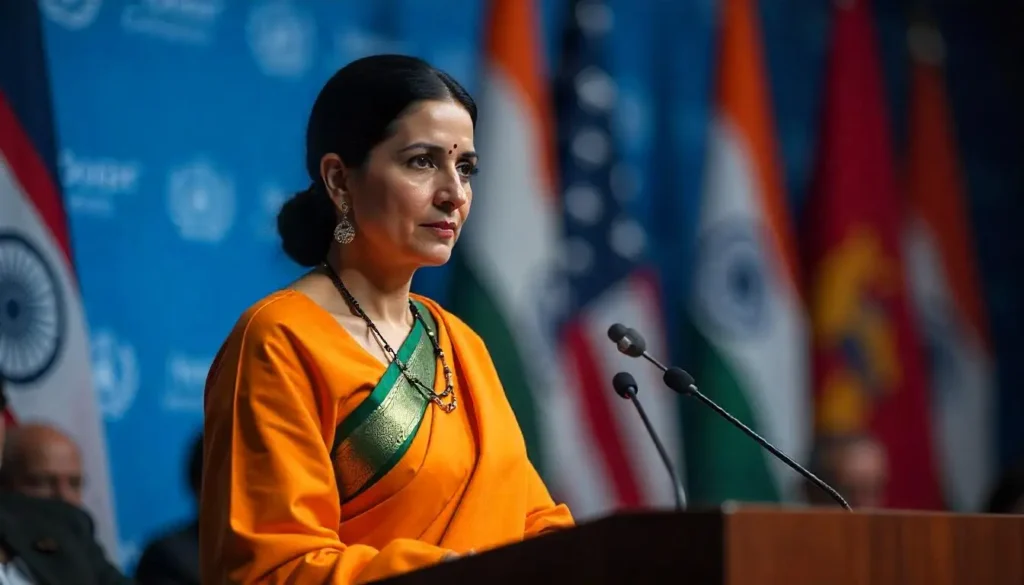
The Delhi Doctrine: India’s Bold New Playbook
Picture this: A packed UN Security Council chamber falls silent as India’s envoy delivers a masterstroke of diplomatic finesse. Across the world, heads of state scramble to secure meetings with South Block officials. This isn’t fantasy – it’s 2025, and Indian diplomacy is having its breakout moment.
What changed? Three things: audacity, adaptability, and an uncanny ability to turn crises into opportunities.

The Art of Strategic Jujitsu
While other nations pick sides, India plays chess. The diplomatic coup with the European Union on semiconductor partnerships, while simultaneously deepening energy ties with Russia, would have been unthinkable five years ago. Yet in 2025, this balancing act has become India’s signature move.
Commerce Minister Piyush Goyal’s recent comment says it all: “We don’t do zero-sum games. Our diplomacy creates win-win scenarios – that’s why everyone wants a seat at our table.”

Economic Statecraft That Works
Forget stuffy diplomatic notes – India’s real negotiations happen in boardrooms. The Tesla-Gujarat deal wasn’t just about cars; it was a masterclass in leveraging market size for technology transfer. When Vietnam signed that defense pact last month, they weren’t just buying Indian ships – they were buying into India’s vision of regional stability.
The numbers speak for themselves:
- Foreign direct investment up 38% YTD
- Defense exports crossing $8 billion
- Rupee trade agreements with 22 nations
External Affairs Minister S. Jaishankar put it best: “Our ancient texts taught us diplomacy when the West was still in feudal wars. Today, we’re simply updating that playbook for the digital age.”

The Road Ahead: Challenges and Opportunities
It’s not all smooth sailing. The China puzzle remains unsolved, and climate commitments require tough choices. But if the first half of 2025 has shown anything, it’s that Indian diplomacy thrives under pressure.
As the G20 summit approaches, one thing is certain: the world isn’t just watching India – it’s taking notes.
Disclaimer: This content is for informational purposes only and does not constitute official policy statements or predictions. Readers are encouraged to cross-reference with primary sources and consult experts for critical decisions.








